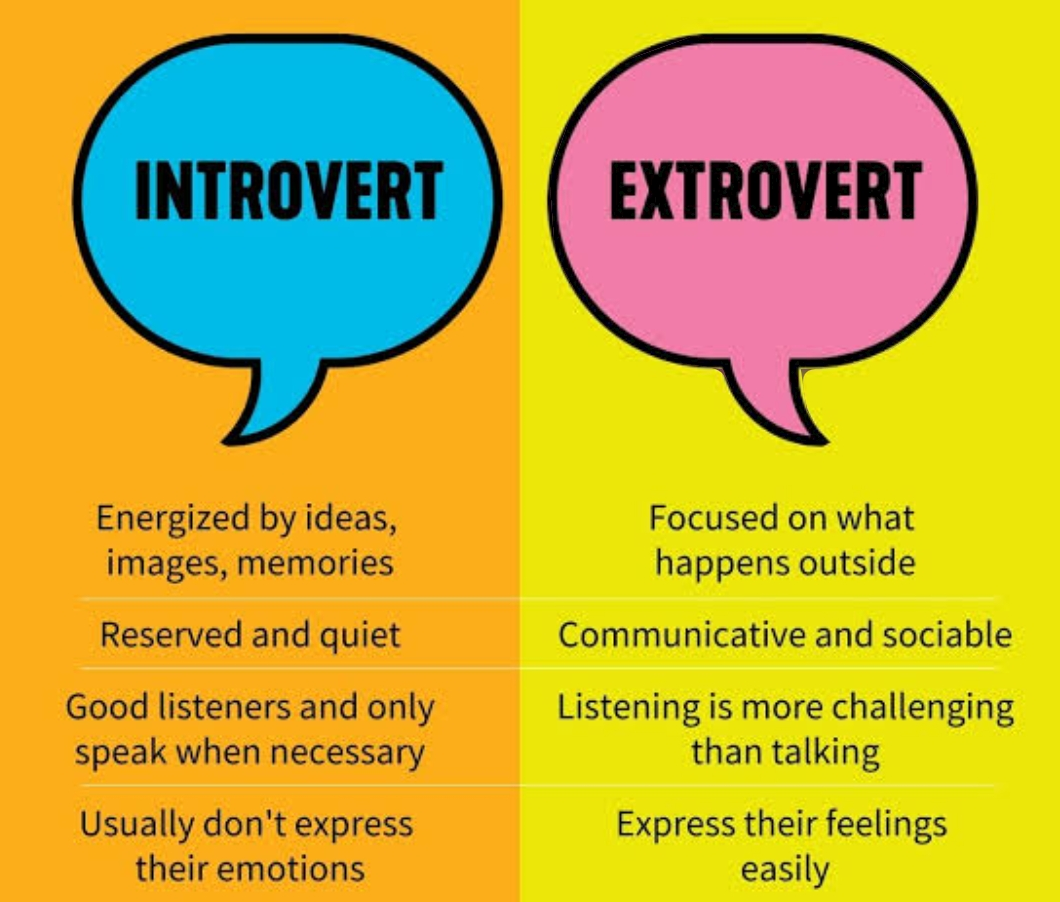+918048809459

This is your website preview.
Currently it only shows your basic business info. Start adding relevant business details such as description, images and products or services to gain your customers attention by using Boost 360 android app / iOS App / web portal.
Managing depression in introverted individuals ...

Managing depression in introverted individuals through psychotherapy involves understanding their unique needs and leveraging their strengths. Here are several strategies that can be effective: ### 1. Establishing a Comfortable Therapeutic Environment - **Create a Safe Space**: Ensure the therapy setting is quiet and private, making the introverted client feel secure. - **Building Trust**: Take time to build rapport, as introverts may take longer to open up. ### 2. Tailoring Therapeutic Approaches - **Cognitive Behavioral Therapy (CBT)**: This can help introverts challenge negative thought patterns and develop healthier coping mechanisms. - **Mindfulness-Based Therapies**: Techniques such as meditation and mindfulness can help introverts manage stress and depressive symptoms by promoting self-awareness and acceptance. - **Interpersonal Therapy (IPT)**: Focus on improving the client’s relationships and social skills, which can be particularly beneficial if social anxiety is contributing to their depression. ### 3. Leveraging Introverts' Strengths - **Writing and Journaling**: Encourage the use of diaries or journals to express feelings and thoughts. This can be a comfortable way for introverts to process emotions. - **Creative Outlets**: Art, music, and other creative activities can provide therapeutic benefits and a means of self-expression. ### 4. Gradual Exposure and Social Skills Training - **Slowly Increase Social Engagement**: Help clients gradually increase social interactions at a pace they are comfortable with. - **Skill-Building Exercises**: Practice social skills in a controlled, low-pressure environment to build confidence. ### 5. Self-Care and Routine - **Encourage Routine**: Help clients establish a daily routine that includes activities they enjoy and that provide a sense of accomplishment. - **Promote Self-Care**: Ensure they prioritize self-care activities that recharge them, such as reading, walking, or other solitary pursuits. ### 6. Psychoeducation and Insight - **Educate About Introversion**: Help clients understand their introverted nature and how it impacts their depression, reducing self-criticism. - **Develop Insight**: Facilitate insight into how their introversion can be a strength and how to leverage it to manage depressive symptoms. ### 7. Support Systems - **Identify Supportive Relationships**: Encourage clients to identify and lean on a few close, supportive relationships. - **Peer Support Groups**: Introduce them to small, structured support groups where they can share experiences with like-minded individuals. ### 8. Medication Management - **Consultation with a Psychiatrist**: If necessary, work with a psychiatrist to determine if medication might be beneficial, ensuring that the approach aligns with the client's preference for a low-stimulation lifestyle. ### Conclusion Effectively managing depression in introverted individuals requires a nuanced approach that respects their need for solitude while gently encouraging engagement and social connection. By creating a safe therapeutic environment, leveraging their strengths, and gradually building social skills, therapists can help introverted clients navigate and overcome their depression. contact us Arunoday counseling clinic Indore counseling psychologist psychotherapist marital councellor

